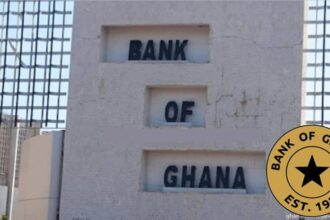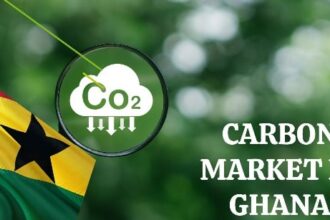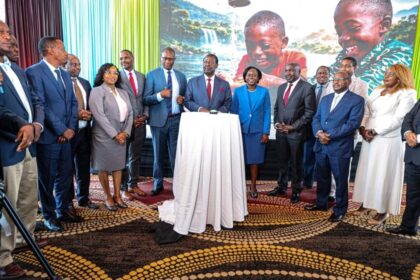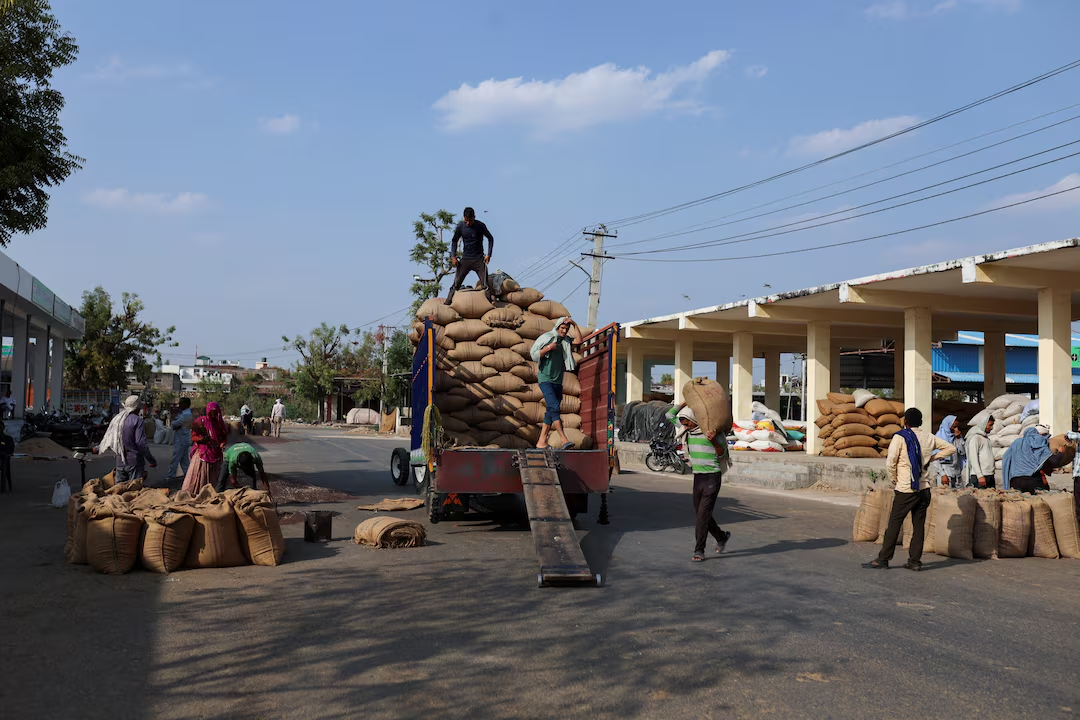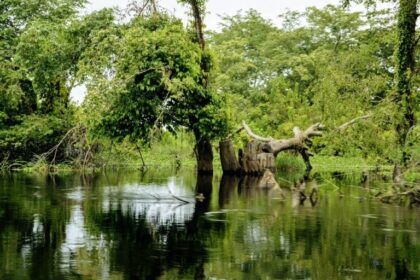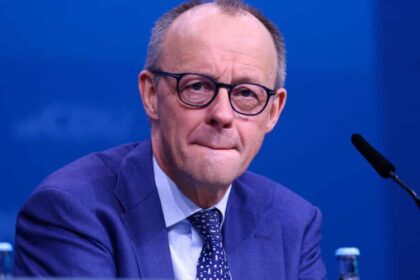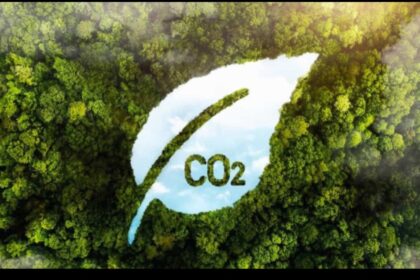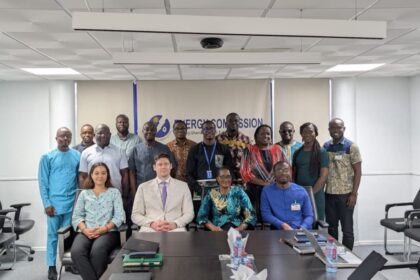Ghana is on the frontlines of the climate crisis. From submerged streets in Accra to vanishing coastlines in the Volta Region, the evidence is undeniable: climate change is ravaging our nation today.
Under President John Dramani Mahama’s leadership, this existential threat has been elevated to a national priority—demanding immediate, decisive action.
–1. Urban Deluge: Accra & Kumasi Drowning The 2025 floods have shattered records across West Africa. While intense rainfall plays a role, the real culprits are clear: weak land-use enforcement, suffocating drains choked with plastic waste, and the reckless destruction of vital wetlands. A startling study reveals Ghana suffered 19 major floods between 2000–2020, costing our economy a crippling \$780 million (¢9.75 billion).
Hope emerges from Sekondi-Takoradi, where hybrid solutions (engineered drains + restored wetlands) prove highly effective—yielding ¢168.75 for every cedi invested* by preventing flood damage.
2. Coastlines Crumbling: Agavedzi’s Agony Rising seas are devouring our shores. In Agavedzi, tidal surges recently smashed 50 homes and displaced 300 citizens, erasing livelihoods and ancestral graves. Heartbroken residents describe nights fleeing waves with only their children in their arms.
President Mahama personally visited the site, calling it “a climate tragedy demanding immediate intervention.” Yet despite his directive and community pleas, protective sea barriers remain delayed, leaving lives in limbo.
3. Policy Progress: Mahama’s Climate Mandate in Motion Fulfilling a core campaign pledge to make climate action “non-negotiable,” President Mahama has championed landmark policies.
The Environmental Protection Act (Act 1124, 2024)—signed into law this January—empowers the EPA to enforce climate mitigation and adaptation across all sectors. Ghana’s updated National Climate Pledge (NDC), personally endorsed by the President, targets a 15% emissions cut with domestic funds, plus 30% with international aid (total: 64 million tonnes CO2 by 2030). At June’s NDC workshop, Mahama stressed: “Our laws must translate to action— communities cannot wait.”
4. Nature’s Power: Hybrid Solutions Pay Off Sekondi-Takoradi’s model aligns with Mahama’s advocacy for “smart, nature-backed resilience.” Blending mangroves with concrete drainage delivers 3–13 times the investment* through avoided floods, captured carbon, and slashed maintenance costs. These systems are Ghana’s smartest defence—and now have presidential backing.
5. Funding Flows: Millions for Resilience Critical finance is arriving, bolstered by the President’s global advocacy: Green Climate Fund:\$70 million (¢875 million)* for climate-smart farming in the North, aiding 120 communities.
World Bank:\$360 million (¢4.5 billion)* Resilient Recovery Program—a direct outcome of Mahama’s push for “climate-proof” economies.
–6. The Unfinished Battle: What Ghana MUST Do Now President Mahama’s consistent message—from campaign trails to cabinet meetings—is clear: “Climate action is development action.” To realize his vision: Save Our Cities: Enforce land laws, RECLAIM wetlands, and modernize drainage.
No more building on waterways! Arm Our Coasts:* Expedite sea walls in Agavedzi/Keta—delays betray at-risk communities.
Fund Nature’s Shield: Scale hybrid solutions—high returns demand high commitment. Make Laws Live: Ensure Act 1124 isn’t just paper—back it with EPA muscle and transparent carbon markets.
Listen to the Ground: Include fisherfolk, farmers, women, and youth—as the President insists—in designing solutions.
Final Call: Our Crossroads Moment Ghana is stepping forward under President Mahama’s climate-conscious leadership— stronger laws, updated pledges, and critical funding. Yet as floods, erosion, and drought intensify, his own words ring urgent: “The cost of inaction drowns the cost of action.” From Agavedzi’s shattered shores to Accra’s flooded streets, Ghana’s future demands that policy, finance, and grassroots strength unite—immediately.
The time for halfmeasures is over.
By: Lord Fiifi
Source: www.climatewatchonline.com




